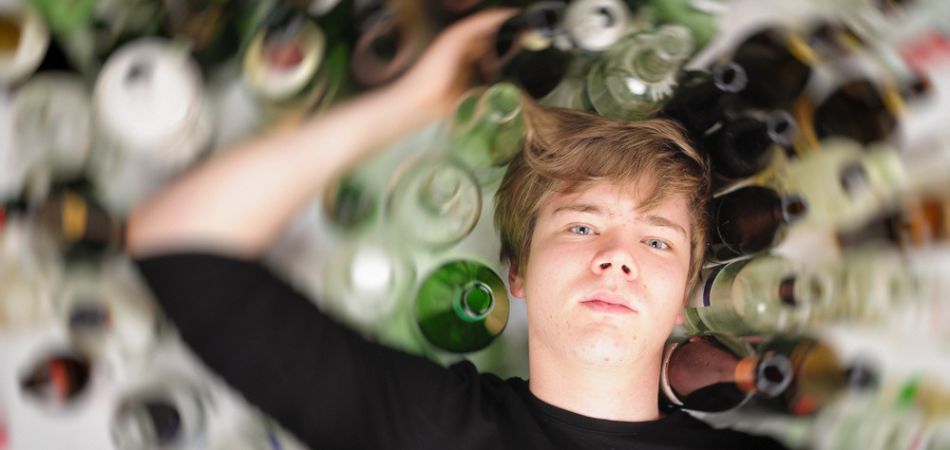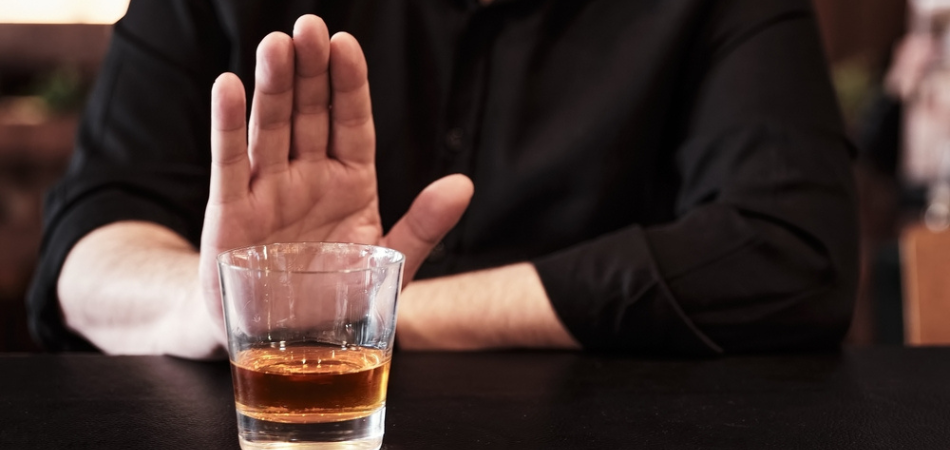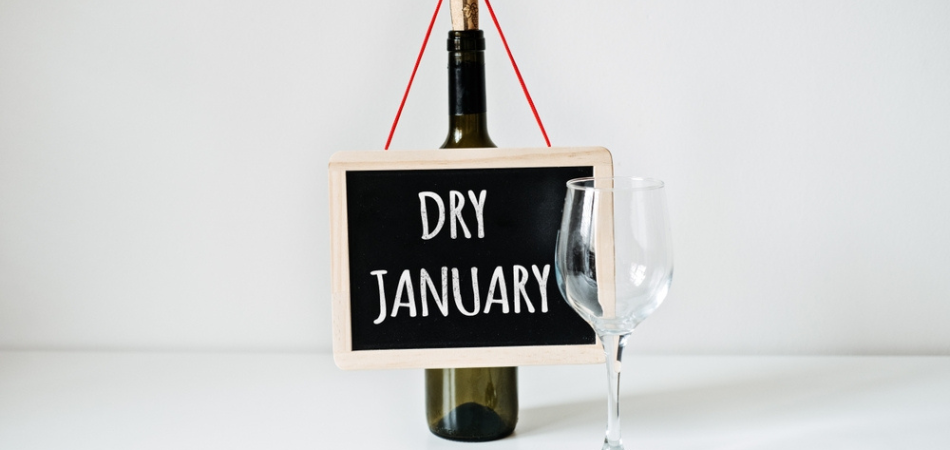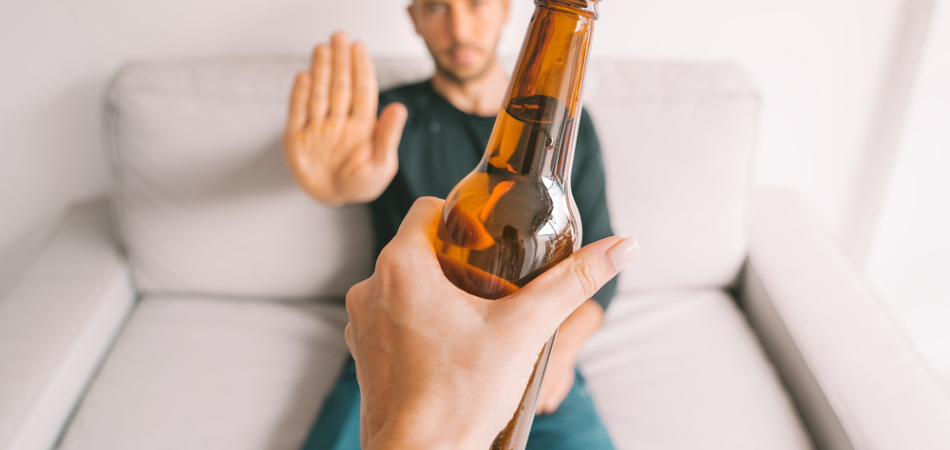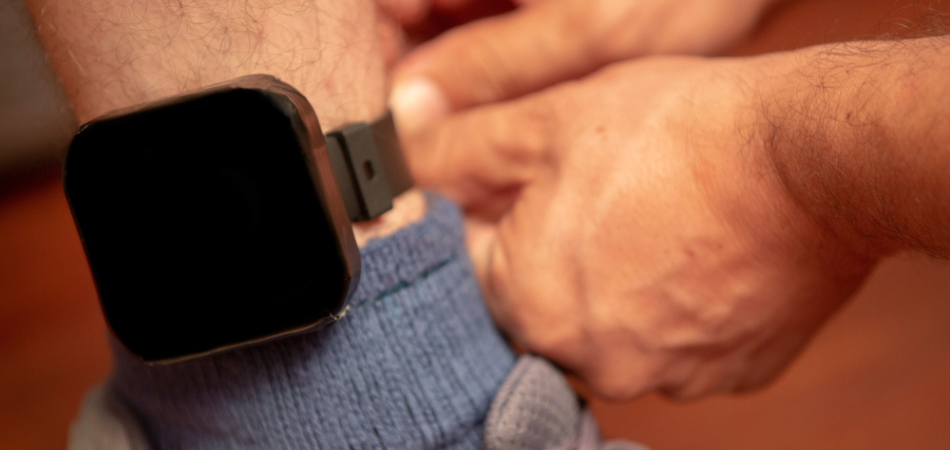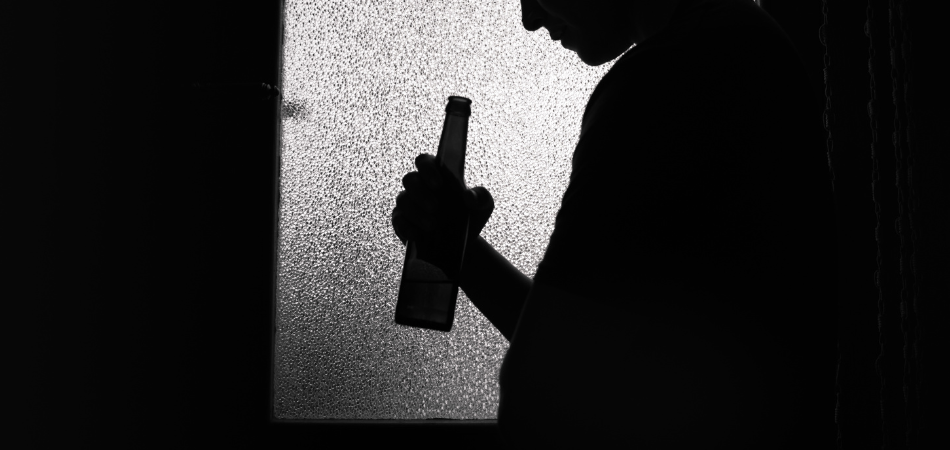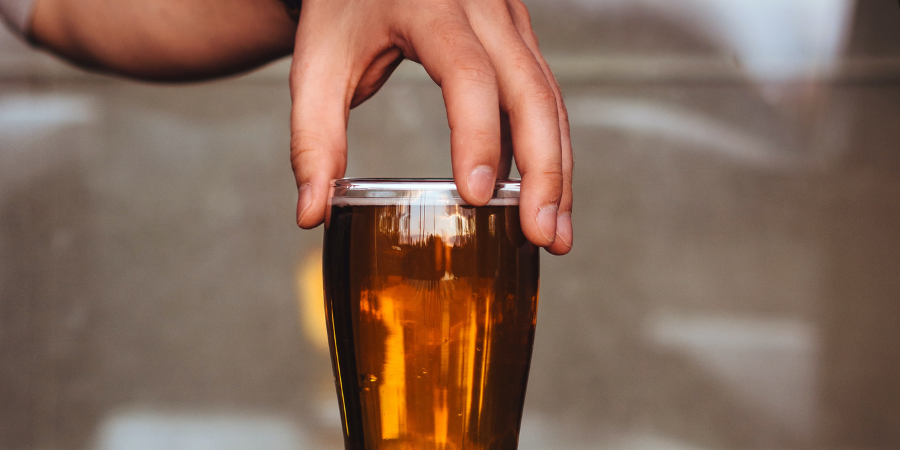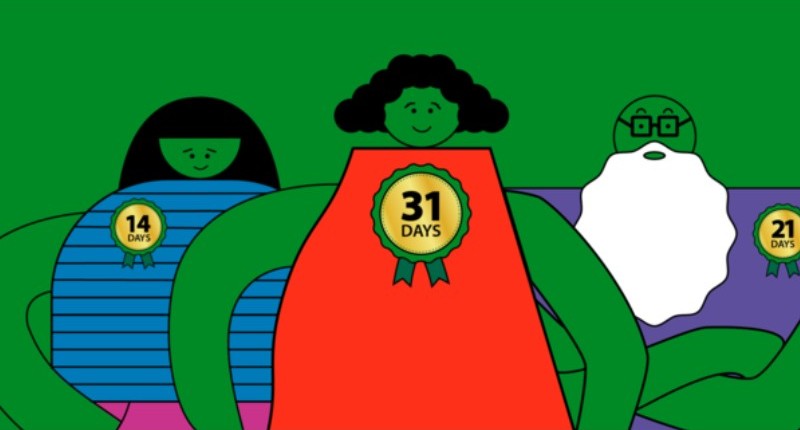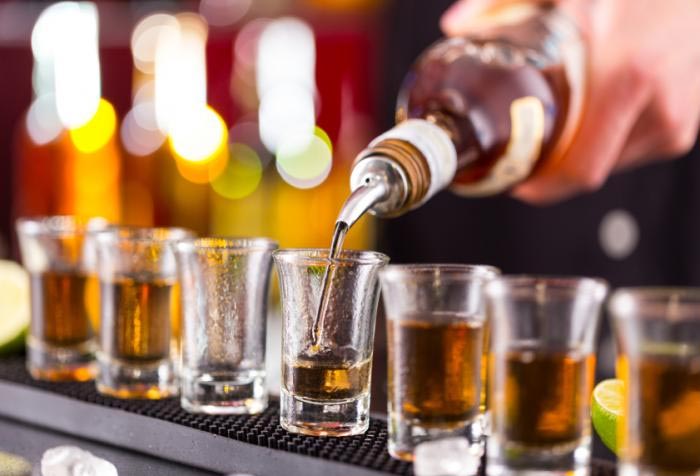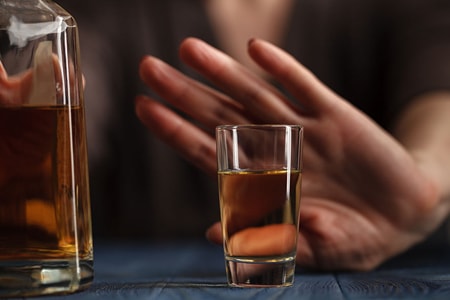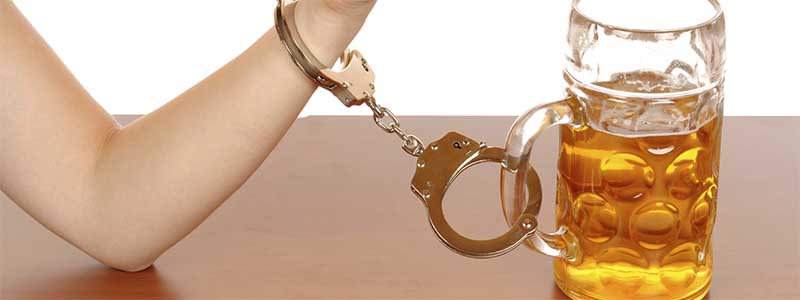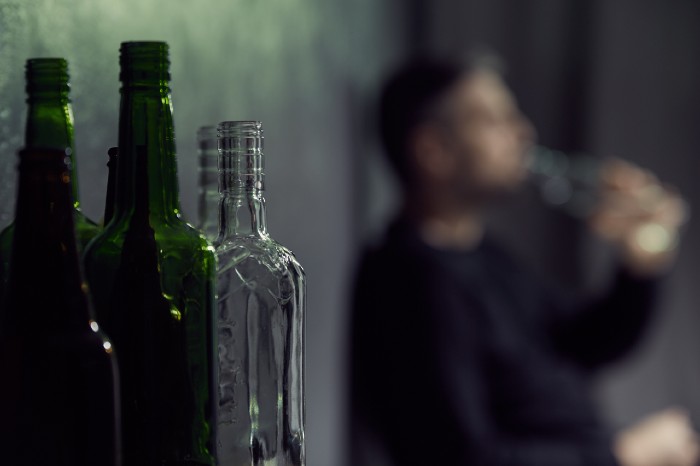Children of alcoholic parents often feel alone and isolated. You may not understand why your parent drinks so much and why they prioritise alcohol over you and your family. The damage caused by alcoholic parents can begin when you are young and stick with you well into adulthood. However, it is important to realise that you are not alone and there are ways you can help your parent beat their alcohol addiction. Knowing how to talk to your parents about addiction and where to turn for assistance can be tough so we have created this page to provide important information about how to help alcoholic parents get the help they need.
How to talk to your parent about their alcohol addiction
Talking to your parent about their alcoholism can be difficult, especially if their drinking has caused you to fear them or has affected your confidence. You may even resent them or even dislike them to the point that you don’t want to help them.
It’s important to remember, however, that your parent is ill and that you cannot make decisions for them. The best thing you can do is to try and have a calm and honest conversation with them about their drinking.
Some tips to make the conversation go better include:
- Giving clear examples of how your parent’s alcoholism is affecting you and the rest of your family
- Remind them how things used to be before they started drinking so much
- Tell them that you miss having them in your life when they were sober
- Explain that you are worried about their health
- Remind them about important things such as grandchildren
It is important to plan the right moment and to think carefully about what you want to say. You will also decide whether this is going to be a one-to-one conversation or whether you will involve other members of your family or friends. Having extra support will make the conversation easier for you but it may make your parent feel like they are being ganged up on. Think about it carefully and then decide what is the best approach.
Remember that the most important thing is your own safety and welfare. If your parent becomes aggressive, walk away. They may not be ready for help and you shouldn’t allow your own life to continue to be affected by their drinking. This doesn’t mean you have to shut the door forever. Your parent may come to their own realisation later when they understand how much their drinking is costing them by losing their child.
What are the signs that my parent is an alcoholic?
There are a number of signs of alcoholism that apply to everyone with a drinking problem. However, there are also signs that are specific to parents which you may be able to identify in your parent. These include:
Drinking at home throughout the day or every night after work
Drinking through the day regularly is a classic sign of alcoholism, and while many people enjoy a drink in the evening to wind down, habitual drinking after work or at the end of the day can also be a sign. If your parent is drinking at home all the time they may be using alcohol as a way to cope with stress and temporarily escape from their problems. This can quickly turn into a dangerous cycle as they drink more and more to try and achieve the same effect.
Always drinking at dinner or when you go out as a family
If your parent is always drinking when you are together as a family, especially in situations or events where alcohol is not the focus, this can be a sign of alcoholism. This is because they may be using alcohol as a way to relax or to socialise, rather than just enjoying spending time with your family.
Erratic behaviour or anger towards you or your family
If your parent’s drinking is out of control, it may start to affect their behaviour. They may become more aggressive or violent, or they may say things that hurt you. This can be a sign that they are using alcohol as a way to cope with their problems and that it is starting to take over their life.
Not taking care of themselves
Another sign that your parent’s drinking has become a problem is if they stop taking care of themselves. This means not eating properly, not washing or changing their clothes, and generally letting themselves go. This can be a sign that they have lost interest in life and that alcohol has become their only focus.
Never being in contact with you if you don’t live together
If your parent is an alcoholic, they may start to distance themselves from you if you don’t live together. This can be a sign that they are ashamed of their drinking and that they don’t want you to see them when they are drunk. If your parent is always in contact with you when they are sober but then disappears when they start drinking, this is another sign that their drinking has become an alcohol addiction.
How does a parent’s alcoholism affect their children?
Growing up with an alcoholic parent can have a huge impact on everything from your self-esteem to your own drinking habits. Children of alcoholic parents often carry significant trauma from childhood with them all of their lives and this can affect their relationships, their work, and their own mental and physical health.
Some of the ways in which children of alcoholic parents are affected include:
A reluctance to open up to anyone
In many homes with an alcoholic parent, children learn to keep their thoughts and feelings to themselves. This is because they may be embarrassed about telling friends about their home life or because their parent gets angry if they try to talk about their drinking. As a result, even as an adult you may find it difficult to trust people and to open up about your feelings.
Low self-esteem
Children often feel responsible for their parent’s drinking. They may think that if they were better behaved or did better in school, then their parent would stop drinking. This can lead to low self-esteem and a feeling that you are not good enough which can affect you into adulthood.
Problems with alcohol
One study found that children of alcoholic parents are four times more likely to
develop problems with alcohol themselves. This is because you have grown up seeing your parents drink so it may seem like a normal and acceptable thing to do. Additionally, you may have developed unhealthy coping mechanisms for dealing with your parent’s alcoholism such as drinking yourself or using drugs.
Fear of conflict or confrontation
If you have grown up in a home where a parent is aggressive or violent when they are drunk, you may be scared of conflict or confrontation. This can make it difficult to stand up for yourself or to express how you feel. It may also mean that you avoid any kind of conflict in your own relationships.
Inability to handle conflict rationally
On the other hand, if you have never seen your parent deal with conflict in a healthy way, you may not know how to handle it yourself. This can lead to arguments and fights in your own relationships, especially with your partner or children.
A pattern of enablement
Many children of alcoholic parents inadvertently enable their parent’s drinking. You may do this by making excuses for their behaviour, covering up for them or taking on additional responsibilities at home. While it may be difficult to stop, enabling your parent will only make it harder for them to get help and ultimately leads to more problems in the family.
The things we learn as children shape the rest of our lives and so your home environment can have a major impact on your health and happiness. If you are struggling with trauma or the effects of your parent’s alcoholism, it is important to seek help. There are many support groups and charities that can offer you advice and guidance. Get in touch with UKAT today and we can advise you on how to seek help.
Why you can’t force an alcoholic parent to seek treatment
You cannot force an alcoholic parent into treatment no matter how much you want them to stop drinking, they will only do it if they want to. Not only is it likely to fail, but it could result in them becoming resentful and lead to further issues both in their drinking and in your relationship.
A person needs to want to get better before they can successfully overcome alcohol addiction. If your parent is not at that point yet, offer them support and encouragement until they are ready to seek help. If and when that time comes, you can help them find a rehab centre or provide them with information about addiction treatment options and where to get advice and support.
Importantly, you need to look after yourself and the rest of your family. Some people just need time to recognise they need help while others may need a little tough love before the penny drops. If your alcoholic parent is not ready, and especially if their behaviour is hurting you or your loved ones, you may need to walk away. Just try to keep the door open and be there to support your parent when the realisation finally comes. While the earlier they seek help the better, it is never too late.
What to do next
Helping an alcoholic parent is an incredibly brave thing to do. If your parent gets the treatment they need, it can transform their lives and your relationship. However, it is not your responsibility to look after your parent and you cannot force this to happen. Remember that although things may seem tough now, looking after yourself and making sure you are safe is the best way to proceed.
More on Helping an Alcoholic Parent
Not every addiction shows outward signs for us to observe. Alcoholism can be hidden behind smiles and ...
More
If we paint a mental image of an alcoholic person, we may first picture someone slurring, slumped over, or c...
More
Suffering from an addiction can leave a deep imprint on your body and mind. You may be wondering if the ...
More
What is the social learning theory?
The social learning theory emerged as a response to gaps in the tra...
More
Stress is a feeling we all know too well. Whether it's financial anxiety, the pressure of work deadlines...
More
Source: https://www.flickr.com/photos/ashleydangerphotography/20837724532
Liam Payne, a former member o...
More
An accidental alcohol relapse occurs when an individual unintentionally consumes alcohol, mist...
More
In this blog, we explore seven compelling reasons why someone would consider a life without alcohol abstinence. It's...
More
While societal views on alcoholism are slowly beginning to shift, there is still often a perception that alcohol add...
More
You may have heard of some unusual addictions, like being addicted to being in a relationship or addicte...
More
Britain is known around the world for its drinking culture. Brits typically associate summer, for exampl...
More
Post-work drinks with work colleagues. A glass of wine with dinner. Many people who would not consider t...
More
Society has come a long way in recognising and accepting LGBTQ+ people since the 1960s. After several ...
More
Ever since the charity Alcohol Change UK launched its Dry January campaign in 2013, growing numbers of peo...
More
Burns Night, a celebration steeped in rich Scottish heritage, is observed every January 25th...
More
Education is an incredibly powerful force, and it has been shown again and again to be an effective so...
More
The Dry January was first launched as a structured campaign by the charity Alcohol Change UK in 2013. ...
More
As we approach the new year, setting resolutions is something people have started thinking about. New Year...
More
The Prohibition era in the United States, which spanned from 1920 to 1933, was a social experiment aimed a...
More
The late Matthew Perry was best known for his iconic role as Chandler Bing in the TV series Friends. His...
More
Addiction can have a relentless grasp on you. The clutches of drug and alcohol abuse lead to isolation...
More
Football and alcohol share a long and intertwined history within the fabric of British culture. For many p...
More
Oktoberfest, the world's largest beer festival held annually in Munich, Germany, is a celebration renowned...
More
In a bid to reduce the number of alcohol-related crimes in the UK, alcohol tags (or sobriety tags) have been given t...
More
For many of us, 2023 brings with it an opportunity to reinvent ourselves, casting aside what has passed and establis...
More
Take a moment to picture an alcoholic. Are they young or older? How do they walk and talk? What type of childhoo...
More
Envision it is a sunny Friday afternoon. You’ve just finished work and set off to the pub to meet your f...
More
The latest campaign from MacMillan Cancer Support, “Go Sober for October” encourages people ...
More
'Go Sober for October' is a fundraising event that sees participants simultaneously looking after their liver...
More
According to a Panorama investigation, ‘Britain’s Drink Problem’, only 16% of adults are aware of low-risk dri...
More
In a 2019 Irish health survey, 68% of respondents said alcohol had affected past decisions around safe sex. A 2016 ...
More
In the UK, it’s generally perceived as the norm to drink alcohol, usually from teenage years into adulthood and old ...
More
While alcoholism is an illness that can certainly be treated and managed effectively on an ongoing basis, there is c...
MoreMost people assume that because alcohol is legal, it is completely safe; it is certainly not as harmful as many illegal ...
More







